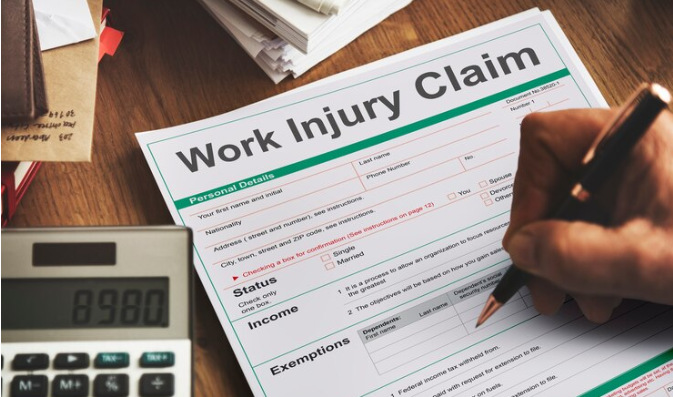The Basic System
Workers' compensation is an insurance program that issues medical benefits and wage replacement to employees injured while performing job-related duties. This no-fault system operates as a compromise between employers and employees—workers receive guaranteed benefits without needing to prove employer negligence, while employers receive protection from most injury-related lawsuits. Most employers must carry workers' compensation insurance, though requirements vary by state regarding which businesses must participate based on company size and industry type.
Injury Qualification
Not all workplace injuries qualify for workers' compensation. To be eligible, injuries must arise "out of and in the course of employment." This includes immediate traumatic injuries (like falls or machinery accidents), repetitive stress injuries developing over time (like carpal tunnel syndrome), and occupational illnesses caused by workplace exposure (like respiratory conditions). While commuting injuries typically don't qualify, injuries during work travel, company events, or while performing work duties outside normal locations generally do qualify.
Benefit Types
Workers' compensation provides several distinct benefit categories. Medical benefits cover all necessary treatment related to work injuries, including doctor visits, hospital care, medications, therapy, and medical equipment. Temporary disability benefits provide partial wage replacement (typically 66-75% of average wages) while you're unable to work during recovery. Permanent disability benefits apply when injuries result in lasting impairments, with payment amounts based on the severity and type of disability. Vocational rehabilitation benefits help injured workers return to employment through training or education when they cannot resume their previous positions.
Claim Process
The workers' compensation claim process follows a specific sequence. To begin, you must notify your employer of your injuries within the specified timeframe, which is typically no more than 30 days. Go to the doctor and make sure they know the injury is work-related. Get all of the necessary documents from your state's workers' compensation board and submit them in their prescribed manner. The insurance company representing your employer will review your claim and either grant or withhold benefits. You will start getting health insurance and any salary replacement benefits that are available to you after you are approved. The workers' compensation appeals process in your state can be used if your request is denied.
Return to Work
Most workers' compensation systems emphasize returning employees to work when medically feasible. This may involve temporary light-duty assignments, modified work schedules, or workplace accommodations. Returning to work typically reduces or eliminates wage replacement benefits, though medical benefits continue until maximum medical improvement is achieved.


